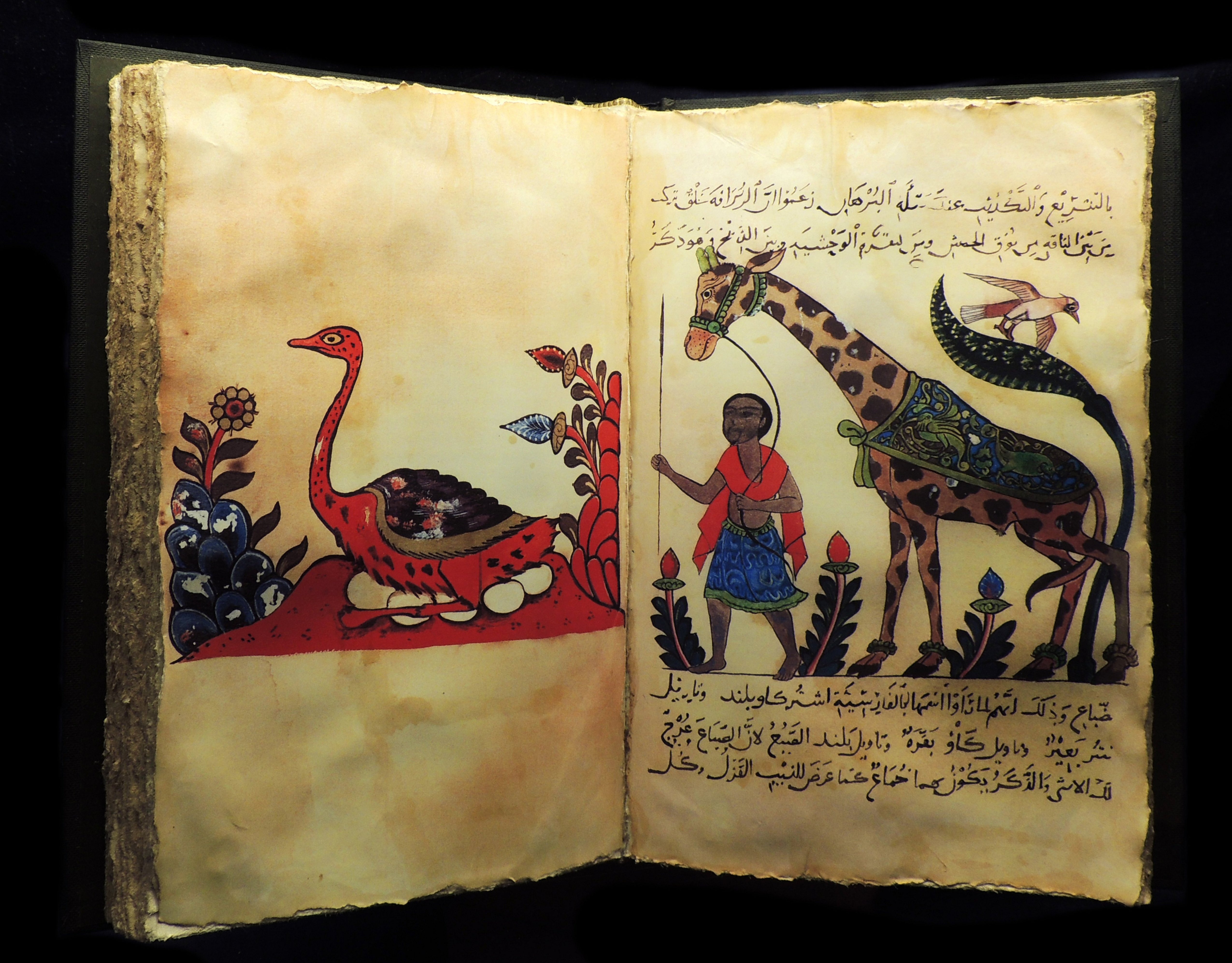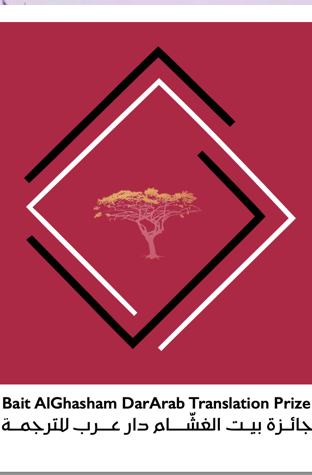Abdelfattah Kilito: A modernist with a passion for Arab heritage
Moroccan novelist and critic, Abdelfattah Kilito, was recently awarded the 2023 King Faisal Prize in Arabic Language and Literature for his work which focuses on Classical Arabic Narrative and Modern Theories.
This honour is but a culmination of Kilito’s long list of literary achievements. Here, Al-Majalla sheds light on his literary style and writings.
Born in Rabat in 1945, Abdelfattah Kilito is a writer who draws stories and exhortations from the Arab world’s rich literary heritage, breathing a contemporary spirit into these treasures of the past.
He curiously navigates the seas of this rich literary bank, armed with a critical eye for personalities and events alike, away from exaggerated glorification. Well-versed in this heritage, Kilito approaches Arabic literature in the same way a researcher consults with old texts in his/her quest to come up with new ideas.
He believes that thought, literature, and culture are links in a chain that connect times and places. Inseparable from their contexts, they connect past, present, and future in ever-renewable spheres that can only be sustained through exploration, reading, and inspiration.
Sign up for our Weekly Newsletter
Get the best of Majalla, straight to your inbox.
Your newsletter subscriptions are subject to Al Majalla privacy policy and terms and conditions.
Kilito believes that thought, literature, and culture are links in a chain that connect times and places. Inseparable from their contexts, they connect past, present, and future in ever-renewable spheres that can only be sustained through exploration, reading, and inspiration.
Rather than being an obstacle, Kilito's proficiency in both Arabic and French empowered him. The writer spent years trying to master the French language and later went on to teach French literature for 40 years. He admits that during this time, he never uttered a single Arabic word to his students.
Kilito says he has no records of the lessons he used to give, as he would shred his lesson preparation materials as soon as his classes were finished. Hence, nothing is left from his years as a teacher.
A symbiotic relationship
Kilito rarely ever wrote papers on French literature, as he knew that they would have little to add to the research produced by the French themselves. While he believed that French literature did not need him, Kilito had a compelling yet "naïve" feeling, as he described it, that both he and Arabic literature needed each other.
Without such a conviction, he would never have had the desire to write, Kilito says.
How does Kilito view Arab literary heritage with its countless treasures in prose and poetry? What does he think of the literary figures that were extremely prominent in their days and left a precious and exemplary literary legacy? To what extent does he resort to modernist literary tools in exploring this heritage?
Does this heritage lure Kilito to its confines or does he draw it to his contemporary world to reinterpret through a modern lens?
What is clear is that Kilito is not captive to this heritage. Rather, he draws inspiration from it and reinterprets it with a modern spin, thereby reviving it by unveiling its hidden beauty.
Literary influences
Some of Kilito's key literary influences are famous historical Arab figures such as Antara ibn Shadad, Al-Ma'arri, Al-Jahiz, Omar Khayyam, Ibn Rushd (Averroes), Al-Jurjani, Al-Hamadhani, Ibn Khaldoun and several others, he says.
He examines their discourse in the details of their lives and achievements and their everlasting legacy despite the passing of centuries. Through his literary works, Kilito gives new appreciation to the rich legacy of Arabic literature and poetry, enshrining it as a source of inspiration and showcasing its contemporaneous nature.
Among Arab literary figures, Kilito admits to being particularly influenced by Al-Jahiz, especially in the art of digression.
 Getty Images
Getty Images
The writer says Al-Jahiz saved him from his slight sense of inferiority stemming from his realisation that he could not, or rather, would not, write a book entirely dedicated to one theme.
In his book, In a Spirit of Intellectual Repentance, Kilito justifies his unwillingness to stick to a single theme with his fear of provoking the reader's boredom. In fact, the writer, himself, often felt bored by this approach, and his quest to overcome this boredom explains his recurring digressions.
"I have little doubt that he also used to read in the same manner of digressing and shifting between subjects," Kilito says.
"Now, I understand why I spent years studying Arabic Maqamat: their authors were heavily influenced by Al-Jahiz and, thus, followed his approach. I may have been influenced by this spell myself. This is why my books consist of standalone chapters, each with its own digressions, majalis, or rather Maqamat in every sense of the word."
Mythicised characters
Kilito mythicises the historical figures he writes about, examining their lives, exploring their legacy, and turning them into new tales upon which he inflicts his own modernist and rejuvenated perspective.
In the introduction to his book Abu Al-'Ala' Al-Ma'arri, or The Labyrinths of Words, Kilito notes that when he published his book Writing and Reincarnation, which he partially dedicated to Al-Jahiz, he stated that he attributed some of his writings to earlier authors.
In the introduction to his book Abu Al-'Ala' Al-Ma'arri, or The Labyrinths of Words, Kilito notes that when he published his book Writing and Reincarnation, which he partially dedicated to Al-Jahiz, he stated that he attributed some of his writings to earlier authors.
Consequently, a French teacher sent him a letter asking whether Al-Jahiz had really existed or was a fictitious figure fabricated my Kilito's imagination.
Years later, a German novelist visited Morocco to attend a roundtable discussion organised in Kilito's honour by a cultural institute.
When the roundtable discussion was over, Kilito notes, the novelist approached him and asked reluctantly: "Was the poet you presented a real historical figure or…?"
The German guest did not complete his question and stared at Kilito with utter curiosity.
The author of Writing and Reincarnation says that language as a raw material for expression is available to everyone, but he stresses that there are very few who can turn metal into coins or use that metal to build bridges that can be used for cross-cultural exchange.
In a chapter titled "The One Lying in Wait" of his brilliant book I Speak All Languages But In Arabic, Kilito says: "No one will judge you for the language you choose to speak. You will rather be judged for the manner in which you choose to use it and reflect your character through it. Hence, make sure to always revive that language to make it seem like a new language every time."
One Thousand and One Nights
The One Thousand and One Nights collection, famously known as Arabian Nights, is referenced in every single book Kilito wrote.
In his book 'The Eye and The Needle', Kilito describes it as a book of scattered and dispersed themes with numerous editions, manuscripts, publications, translations, additions, interpretations, and adaptations.
He states that there will always be another version of Arabian Nights to be discovered and read.
The One Thousand and One Nights collection, famously known as Arabian Nights, is referenced in every single book Kilito wrote. He says that there will always be another version of Arabian Nights to be discovered and read.
Kilito poses several questions on Arabian Nights that serve as great starting points for interpreting and reinterpreting its rich content. He explores the similarities and differences between a narrator and an author and asks: who can convert an oral tale into a written one?
In response to his own inquiries, Kilito opens the chest of Scheherazade's treasures and unveils her magic spell: the art of taletelling. Knowing the stories does not suffice; one must know how to tell them and how to lure the listener to lend his ears.
Kilito opines that the books had been lying in oblivion, but Scheherazade resurrected them. Through her voice, they became a life necessity. It is quite ironic, Kilito notes, that Scheherazade started to live her life and safeguard the life of others at the moment she decided to face death, leaving her family home, carrying along a rich treasure of tales.
Reveal the Vision to Me
In his book 'Reveal the Vision to Me', Kilito focuses on the role of notes and appendices in searching for the truth behind the novel and comparing the mind's vision to the heart's — the latter being hidden between the lines of history.
He stresses that narration should go beyond the mere task of conveying stories and stimulate minds, thereby transcending the pleasure of reading stories to exploring their depths and secrets.
Throughout his novel, Kilito shows special interest in assumptions that make a novel look like research and blend fact with fiction in an attempt to understand concepts and reach answers.
He encourages the reader to seek and explore beyond the story being told or read, not taking anything said or written at face value, but rather raising multidimensional questions on the original tale and the published content.
Kilito encourages the reader to seek and explore beyond the story being told or read, not taking anything said or written at face value, but rather raising multidimensional questions on the original tale and the published content.
An implicit writer and supposed taleteller, Kilito's research paper titled "Sleep in the Arabian Nights" earned him an invitation to the United States on a two-month scholarship, during which he re-explored the spoken and written legends about Arabian Nights.
Further indulging in his assumptions and fantasies about the book, Kilito went on a quest for the author hidden beneath the layers of mythical figures and enchanting tales.
In Kilito's view, only when Arabic books are acknowledged by Europeans or the West, do Arabs, themselves, acknowledge them.
 Supplied
Supplied
He says: "They made it the book of Arabs. They came to you and said: 'This is your book'. You fell into the trap of its tales and now you will never be able to escape it. It will keep looming over your head until the end of time."
Kilito laments how some hidden historical treasures are only celebrated when others commend them, otherwise lingering in oblivion for centuries.
Defining peculiarity
Several other literary and intellectual themes and issues have also preoccupied the mind of Kilito, motivating him to enrich the Arabic library with his perceptions and visions.
For instance, he addresses the issue of literature and peculiarity in many of his writings. In his book 'Tale and Interpretation', Kilito opines that peculiarity does not necessarily mean something that was never seen or heard before, but rather, and somehow unexpectedly, something that is quite common and usual but buried deep inside the human soul.
He says the role of poetry is to reveal these concealed implications, for these untouched realms that poetry unveils had been once quite familiar to oneself, and what poetry does is reintroduce them to the human soul in all their inherent intimacy.
Furthermore, in his book 'Literature and Peculiarity', Kilito states that the sense of the peculiar is evident when dealing with ancient writings that date back to ages difficult to envision now.
He notes that countless readers wander through the pages of these books as if they were in modern times, while other readers simply do not dare or care to step back to these times.
And then there are those readers with one foot in the past and another in the present. In any case, it goes without saying that the definition of the future depends on the definition of the past, and the latter cannot be achieved without defining peculiarity.
Questions and answers
Throughout his books, Kilito stresses that the literary text is anything but static and solid, for it follows its own "question-answer logic". He adds that the text answers the questions and inquiries posed by readers throughout the ages, producing an abundance of both questions and answers.
Meanwhile, Kilito opines, the text also poses its own questions to which the reader should provide answers, noting that this is particularly evident with texts that do not follow the common narrative lines familiar to readers, which could bring forth new concepts and visions.
Kilito says this question-answer rationale should not eclipse the "strained relation" we have with classics. He believes that we can only begin to approach the texts of ancient times when we alienate ourselves from them, as this would turn that strained relation into a fruitful and beneficial one.
The author points out that this alienation allows for deep indulgence in the details and a deconstruction of the components of these books, which ultimately results in a reconciliation with these texts that reveals them in a much clearer manner.
This is the approach that Kilito practices, as a modernist literary figure obsessed with Arab heritage, and the essence of his innovative and rich literary world.














0 تعليقات